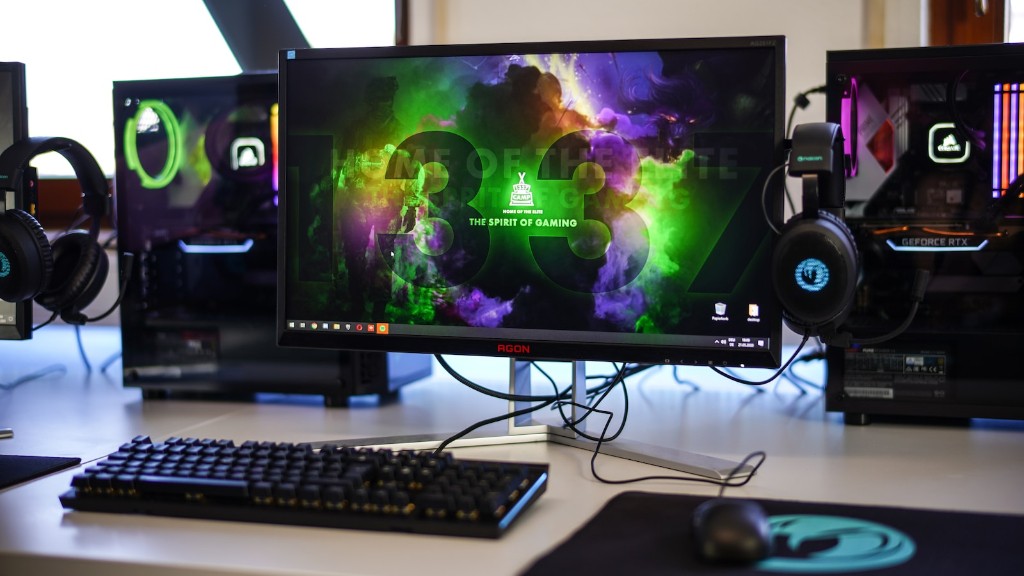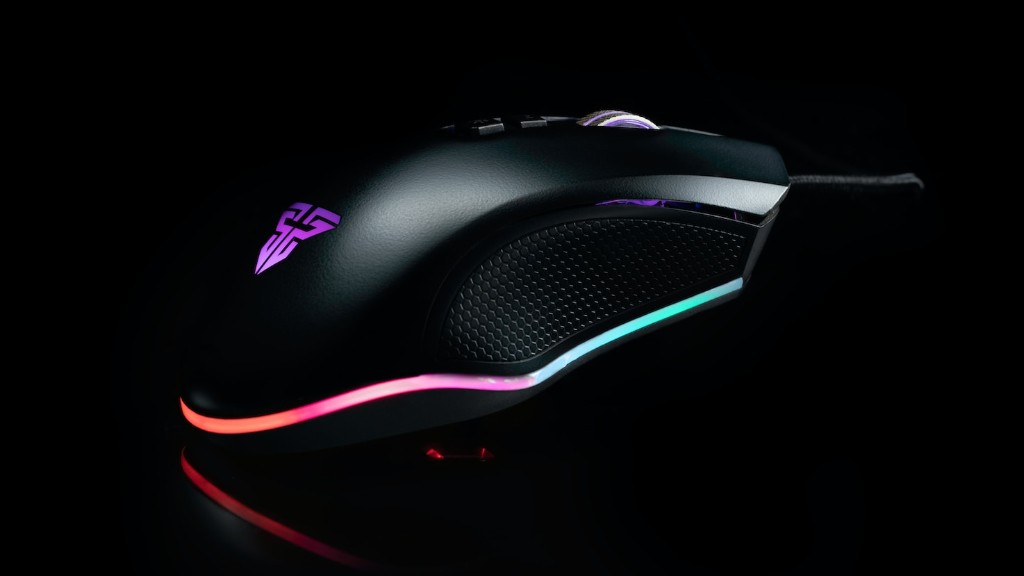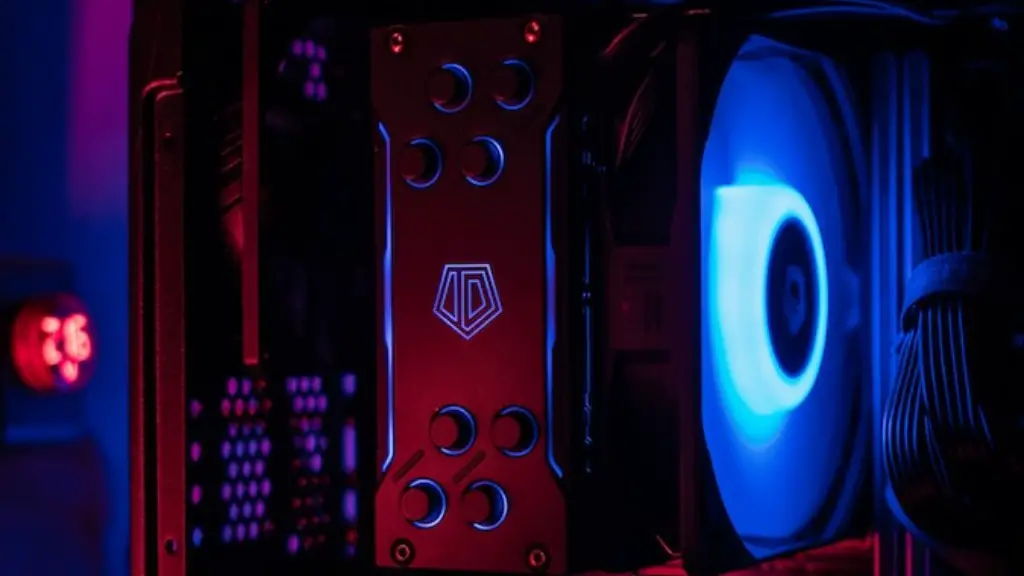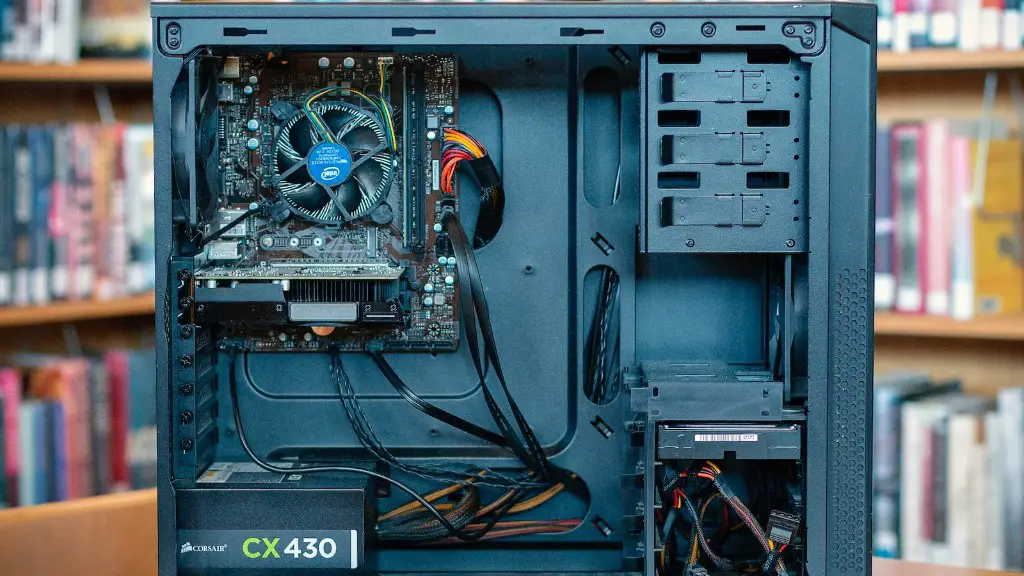Building a good budget gaming PC can be a challenging task, with lots of different components to consider. It is important to identify what performance you expect from your system, as well as how much you are willing to spend. In this article, we will discuss the key steps in creating a budget gaming PC that meets your performance needs.
Firstly, choose an appropriate case for your gaming PC. Choose one that is of decent size and also has enough space for extra components, such as a graphics card. It is also essential to find one that has good airflow, as this will ensure your gaming PC runs cool and at its best when gaming.
Secondly, research the best CPU for the price you are willing to pay. Pay close attention to the clock speed and number of cores of a processor, as this will affect its gaming performance. Gaming requires high clock speeds, so make sure to pick a powerful processor.
Thirdly, select the right GPU. The GPU is generally the most expensive component in a gaming system, so you should be aware of price differences. While it is possible to purchase a cheap but powerful graphics card, it is important to consider future-proofing and bandwidth needs when making this decision.
Fourthly, pick a good RAM capacity. This will depend on the type of game you are playing. For instance, a 4GB RAM may be sufficient for an average gaming PC, but you may need to invest more for intensive gaming with higher resolutions.
Fifthly, select a motherboard with enough slots. Having sufficient slots will allow you to expand your system and insert more GPUs, RAMs and other components. This also ensures that your PC will be compatible with new components, should you want to upgrade your PC later.
Finally, pick an appropriate power supply. Make sure that the power supply has enough wattage to handle the components you have chosen. If the power supply is too weak, it will not be able to efficiently power all components, resulting in poor performance.
Choosing a Memory and Storage
Once you have selected the components mentioned above, you should start looking at the types of memory and storage you will need. When choosing a memory, it is important to remember that games need RAM to run. Consider the type of game, as well as the size of the game, when selecting the correct RAM for your gaming PC.
When it comes to storage, there are two main types, namely HDD and SSD. HDD is slower and cheaper, while SSDs are faster and more expensive. Your choice of the two will depend on your budget and intended use. Generally, SSDs are preferred for gaming, as its faster reading speeds allow for faster loading of maps and quicker game starts.
Picking the Right Monitor
Once you have chosen all the necessary hardware, you should also look for a good gaming monitor. There are several factors to consider when picking the right monitor. The size, resolution and refresh rate of the display should all be taken into account. The resolution of your monitor should match the resolution of your graphics card. Also, if you are a competitive gamer, you should look for a monitor with a high refresh rate.
In addition, you also need to consider the panel type of the monitor. TN panels generally offer faster response rates and are better suited for competitive gaming. IPS panels are known for their good color accuracy, making them better suitable for content creation and general use.
The Right Accessories
Your gaming PC will become complete with the right accessories. One of the most important is the keyboard. Choose one that is designed for gaming, as this will ensure you have access to all the necessary gaming features, such as macro keys and anti-ghosting.
Another important accessory is a mouse. Make sure to pick one that is comfortable and suitable for your gaming needs. You can also consider other accessories such as headsets or a gaming chair, as they can provide additional comfort and convenience.
Running Maintenance on Your PC
Once you have built your gaming PC, it is important to perform regular maintenance on it. This includes cleaning dust and debris from the inside, as well as checking for potential hardware and software problems. Making sure to update your software and drivers also helps to improve the performance and stability of your PC.
Finally, it is also important to remove any unnecessary files, as this can help to boost performance. This can be done with an application such as CCleaner, which can help to speed up your gaming PC and improve overall performance.
Conclusion
Building a good budget gaming PC can be a difficult task, as there are many components to consider. By choosing the right processor, GPU, RAM, motherboard and power supply, a good gaming PC can be created. Additionally, make sure to select a good memory and storage, as well as the right monitor and accessories. Finally, perform regular maintenance to keep your gaming PC in good condition.




